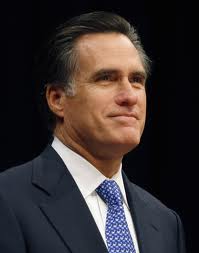I began Project Conversion to combat ignorance and fear of the religious unknown we harbor for our neighbors. There is a chance for healing among the homes, streets, and neighborhoods where we live, but is there hope for religiously blind politics?
Religion plays an important role in the lives of many voters and is the scaffolding upon which many base their morals and values. Interestingly enough, someone need not be overly religious for this phenomena to occur. I know a few “holiday Christians” who would not vote for a “holiday Muslim” simply because they are a Muslim. Why? For the average voter it’s because of what they’ve heard about the faith of the individual running for office, not necessarily for this person’s stance on the issues, political history, or platform.
Let’s face it: we like to associate with what/who we know and that makes us comfortable…comfortable enough to take the word of talking heads on television or radio instead of stepping outside the comfort zones of the status quo and individually critiquing our candidates.
If I just stepped on some toes, go get an ice pack and take a seat. What doesn’t kill you makes you stronger.
So what’s the point of today’s soapbox? Well, this month I’m an honorary Mormon and therefore I’m proud to say that we have two LDS candidates running for president of the United States. Their names are Mitt Romney, a familiar face from the last presidential bid, and former Utah governor, Jon Huntsman.


- Romney has better hair and more conservative values (religiously anyway), however Huntsman is reportedly more liberal in his LDS beliefs, which brings me to the million dollar question: Why does religion in politics matter?
“But let me stress again that these are my views. For contrary to common newspaper usage, I am not the Catholic candidate for president. I am the Democratic Party’s candidate for president, who happens also to be a Catholic. I do not speak for my church on public matters, and the church does not speak for me.”
“…We’re no longer just a Christian nation; we are also a Jewish nation, a Muslim nation, a Buddhist nation, a Hindu nation, and a nation of non-believers. “


